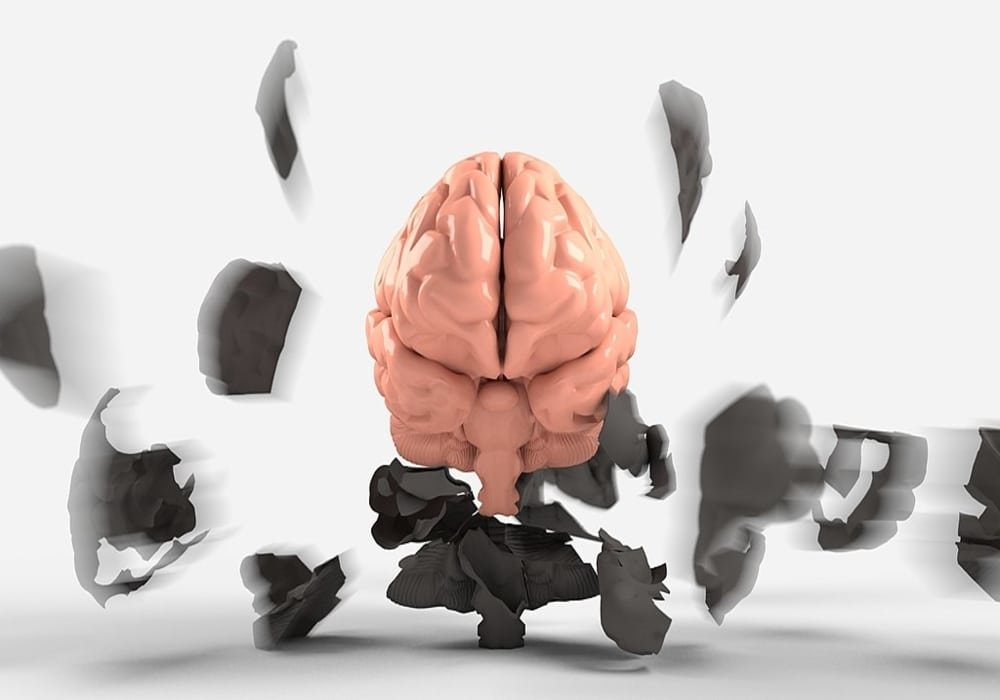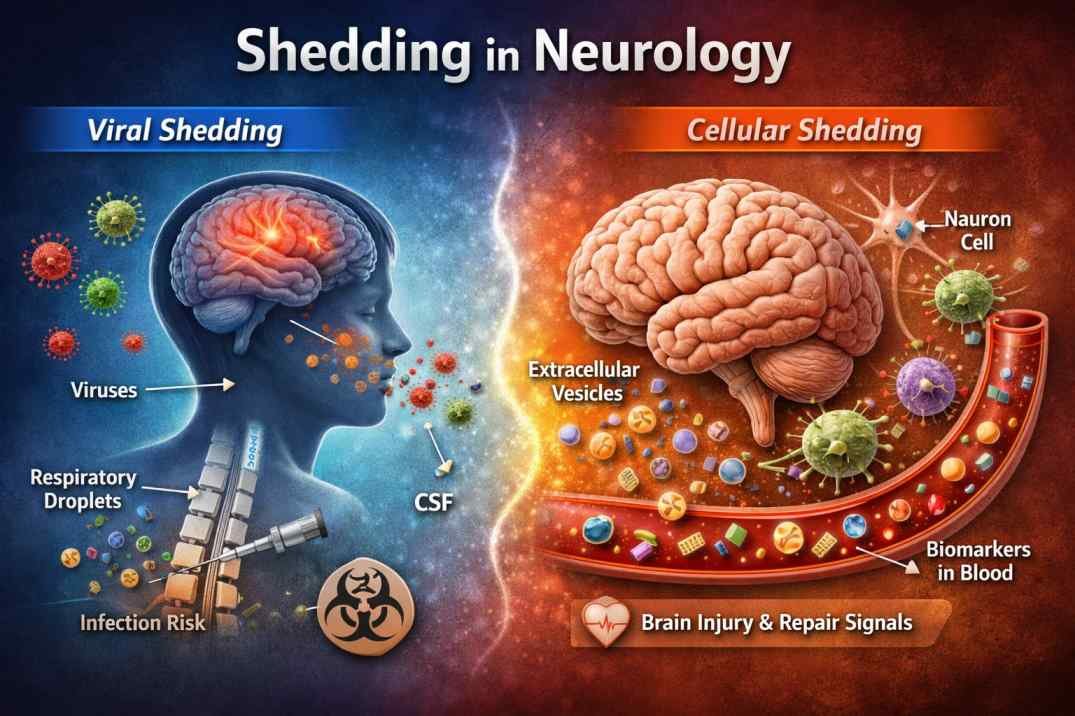Mental Health For Teens | Mental health in adolescence follows us throughout life
A prospective study suggests that the mental health for teens and of our childhood and adolescence influences certain biological markers in adulthood as well as life expectancy.
Mental health for teen or adolescence (between 10 and 19 years old) is a unique and formative period of life. Multiple physical, emotional and social changes, including exposure to poverty, abuse or violence, can make adolescents vulnerable to mental health problems. Promoting psychological well-being and protecting adolescents from adverse experiences and risk factors that may impact their potential to thrive are essential not only for their well-being in adolescence, but also for their physical and mental health as adults.
One in the Journal of American Medicine Association, in the Psychiatry section, by researchers at the University of London and Oregon. They started from the observation that mental health problems in childhood and adolescence are known to have negative consequences later in life. Typically, there is more psychological distress, low education, unemployment, poor family stability and criminal offenses. Recently, correlations have also emerged in relation to all-cause mortality.
Impaired mental health during childhood and adolescence is associated with less favorable biomarkers for good health and a much higher risk of death.
The authors suggest, even if their results do not prove causation, to consider possible interventions early in life to change the distribution of risk and improve the health of the population in adulthood.
However, several parameters remain little studied, such as the impact on biological health in adulthood. Indeed, poor mental health could act on many factors that can affect biological health later in life. There are links between this mental health and the low level of physical activity, heavy consumption of tobacco and alcohol and pronounced socio-economic adversity. Also, concerning mortality, links exist concerning suicide, overdoses, unintentional injuries and homicides.
Read also: Sexuality: Straight, Gay, Sapio, Aromantic, Pansexual… What Are You?
The importance of intervening mental health for teens from childhood
These results come from an observational study in a Western country. They cannot therefore claim to demonstrate a causal relationship, much less a universal fact in all children. Nonetheless, the authors suggest that the causality is plausible and that, if their results are generalizable to other cohorts (typically cohorts of Western children), this could imply that effective interventions on young children’s mental health would have the potential. change the distribution of risk and improve the health of the population in adulthood.
Study design
The participants were drawn from the British National Child Development Cohort, initially made up of 17,415 individuals born in 1958. Mental health was assessed by parents and teachers using the A scale of Rutter, a tool developed to quantitatively measure the difficulties and behaviors of children and adolescents by teachers. Four distinct groups emerged from these evaluations:
- group 1 had no conduct or affective disorders at all stages of their childhood and adolescence;
- group 2 had emotional and behavior problems (especially behavior) in adolescence, from the age of 16;
- group 3 had emotional and behavioral problems only during childhood with a noticeable improvement thereafter;
- group 4 had emotional problems throughout their childhood and adolescence.
Group 1 served as a reference. Analyzing the data, we see that groups 2 and 4 have biomarkers that are less favorable for good health in adulthood and also have a much higher risk of premature mortality. This, regardless of several confounding factors that were adjusted in the researchers’ statistical model, such as gender, birth weight, maternal smoking during pregnancy, maternal age, breastfeeding, region of birth, body mass index and other important factors concerning the psychosocial life of the child.
Read also: Puberty – Signs of puberty in girls and boys
What is mental health?
Mental health (like physical health) is a necessary resource for life. It allows us to learn, work, have fun and enjoy life. It also helps us through difficult times.
For a child or adolescent, mental health means…
There are things that are precious to me
The future fills me with hope
I am the master of my destiny
I like myself
I am satisfied or happy with my life
I know there are people who care about me
What is mental illness?
A person has a mental health problem or illness when their thoughts, emotions or behaviors interfere with their daily life at home, at school or at work.
Everyone feels sad or irritated at times. But when these emotions are so strong that you have a hard time dealing with them at school or at home, you may have a mental health problem.
For a child or a teenager, a mental health problem (or a mental illness), that could mean…
Seems like no one cares about me
I am often sad, irritable, worried or angry
I do not love myself
I don’t see anything good in the future
I’m helpless, I’ve lost control of my life
Can you have mental illness and be healthy at the same time?
Yes. It’s weird, but you can have an illness and still be healthy. Take a person who has heart trouble. She needs to diet, exercise and take medication, but she may feel “fine” and can continue with her daily activities. This is also true in the case of mental illness. A teenage girl with depression may need regular talking therapy and medication.
He or she may need to learn to deal with her stress or her emotions. However, when the symptoms of her depression are under control, she feels good and can go to school, hang out with her friends, and do the things she loves.
Sometimes, however, the disease is very serious. Even when you do your best and follow your treatment to the letter, there are times when you are limited in your abilities, whether you have a mental illness or a brain problem. But you have to accept and support sick people, whether they have heart disease or a mental health problem.
Are Mental Health Problems Common in Children and Adolescents?
Mental health problems are more common than you might think. Mental illnesses have very negative consequences for children, adolescents and their caregivers. For example, suicide is the second leading cause of death among 15-19 year olds (the first being unintentional injuries, or “accidents”).
What are the causes of mental illness?
Mental and physical illnesses are caused by a combination of factors:
- Inheritance: What we are depends a lot on our genes; these genes come from our parents, and we have no influence on them. Since some children have cancer (for reasons beyond their control), others are at higher risk for a mental health problem.
- Family history: Children and adolescents with a family member who has had depression or anxiety in the past are at a higher risk of developing it as well.
- Our lifestyle: Are we eating well? Are we exercising? Are we taking too much alcohol? Do we express our emotions constructively?
- Our reactions to life events: Stressful situations can lead to mental and physical illnesses. A child who grows up in a family where there is stress, abuse or neglect is at a much higher risk than others for developing mental health problems.
- Our Resources: Do We Have Enough Money? Satisfying work? Good accommodation? Opportunities to flourish? Friends and family to lean on?
Prejudices and negative attitudes about mental illness
People who have a mental health problem (or who have a child with one) often feel ashamed, guilty or embarrassed. Some people think that this disease is a sign of weakness, and that there really is no reason for them to feel that way. Parents sometimes feel guilty believing that they caused their child’s mental illness. Others condemn or try people who have a mental health problem. These prejudices further complicate the lives of children, adolescents and families who have to deal with such a problem. This is one of the reasons they sometimes don’t ask for help.
What are the most common mental health problems in children and adolescents?
Often, children and teens with mental health problems feel so bad that they can’t get help. It is therefore important that parents, teachers and friends can notice the signs that they need it.
Signs to watch out for
- The child or adolescent talks about suicide or feels hopeless
- He has mood problems: irritability, anger, rage or extreme sadness
- Bad grades or absences from school
- Significant changes in sleeping or eating habits
- Many physical problems (eg, headache or stomach ache) for which the doctor cannot find the cause
- Stopping normal or daily activities
- Any behavior or symptom that prevents the child or adolescent from
- carrying out their daily activities
Can we prevent mental illness?
As with physical health problems, it is possible to reduce the risk of mental health problems. You can protect your physical health by eating healthy foods, exercising, not smoking, or wearing a seat belt. But even when you take these precautions, you can still get sick or injured. The same goes for mental health.
Tips for maintaining mental health for teens and in general:
- Sleep well, exercise and eat healthy foods
- Spending time with family and friends
- Do enjoyable activities
- Be aware of your emotions, and talk about them with close friends and family
- Be aware of your stress level at home and at work
- Coping with stress and dealing with it in a positive way
- Trying to see things from another point of view
- Solve your problems in a healthy way
Tips for maintaining the mental health of children and adolescents:
- Set an example. Children should see us expressing our emotions, discussing a problem with our partner, or seeing things from someone else’s point of view.
- Encourage a healthy lifestyle. Serve healthy foods, make sure children and teens are getting enough sleep and getting enough exercise.
- Ask the children and teens if their day went well. When they’ve done something right, tell them (eg, when they are trying hard, being patient or kind, or getting better). Focus on the effort rather than the result. If something is bothering or stressing them, ask if they need help solving their problem.
- Ask the children and teens how they feel. Some children don’t always know how to express themselves. Help them “name” and express their emotions (eg, “It must have been frustrating to wait that long …”).
- Help them see things from another point of view. Children need to be set an example (eg, “My boss was in a really bad mood today, but she needs to take care of her mother and it’s not easy for her”).
- Teach children to ask for help and support when they need it.
- Always take children’s concerns and concerns seriously. Children and teens may think that their emotions don’t matter if they are neglected.
- Spend quality time with them to build a positive relationship based on trust.
- Help them cope with stress and deal with it in a positive way.
- Have expectations and set appropriate limits and penalties for their behavior.
- Even when we strive to promote mental health, we or our children can still have a mental illness.
What families and parents can do to protect mental health for teens?
- Communicate openly and honestly, including about their values.
- Supervise their adolescent to facilitate healthy decision-making.
- Spend time with their adolescent enjoying shared activities.
- Become engaged in school activities and help with homework.
- Volunteer at their adolescent’s school.
- Communicate regularly with administrators and teachers.
Sources: WHO (World Health Organization), The National Institute of Mental Health (NIMH)
Photo credit: Wikimedia Commons



